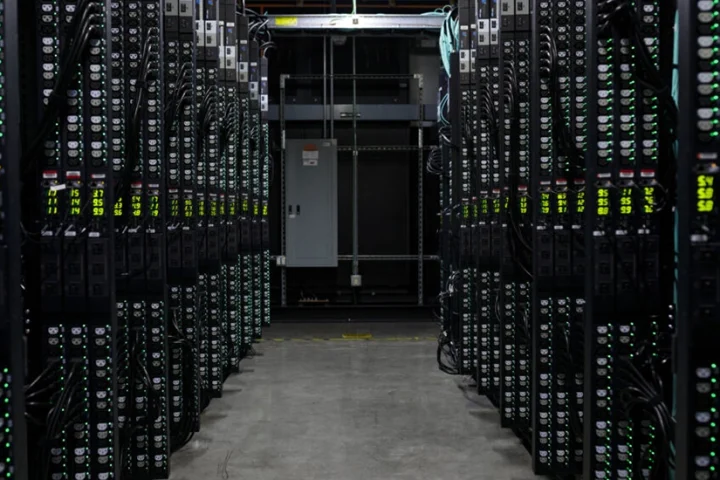Chainalysis has announced its acquisition of Hexagate, the leading provider of Web3 security solutions that detect and mitigate real-time threats including cyber exploits, hacks, and governance and financial risks. With Hexagate’s established position as the top choice for chains, protocols, asset managers, and exchanges to help keep their funds secure, this deal augments Chainalysis’ already impressive portfolio of blockchain data solutions.
“I have long believed that in order to advance the Chainalysis mission to build trust in blockchains, we would need to expand our business beyond investigations and into prevention,” said Jonathan Levin, Co-Founder and CEO at Chainalysis. “The Hexagate team impressed me with their complete security suite for proactive prevention, including monitoring, mitigation, forensics, and compliance. Together, Chainalysis and Hexagate provide a holistic risk solution that includes prevention, compliance and remediation.”
Hexagate leverages machine learning models to identify suspicious patterns and unusual transactions across blockchain networks in real-time. Over the past two years, the company has detected all known hacks – and more than 98% were detected before they occurred. As a result, Hexagate’s customers, which include industry leaders like Coinbase and Consensys, have already saved more than US$1billion in customer funds by taking on-chain actions based on real-time notifications and automated responses to potential threats.
Shashank Agrawal, Head of Protocol Security at Coinbase, shared, “Hexagate has become an integral part of on-chain security at Coinbase. Their real-time on-chain threat and risk detection and Base ecosystem monitoring solution for all Base builders has provided us with the broadest coverage for Coinbase and Base, ensuring the safety of our users and reinforcing trust across anything we build or do on-chain.”
Such capabilities are only going to become more important for the crypto ecosystem as smart contracts facilitate more value transfer. The growth of stablecoins, enterprise layer 1 and layer 2 protocols, and wallet infrastructure suggests that securing smart contracts will be critical to preventing fund loss among private sector entities, and governments will increasingly seek to monitor smart contracts associated with illicit funds.





















